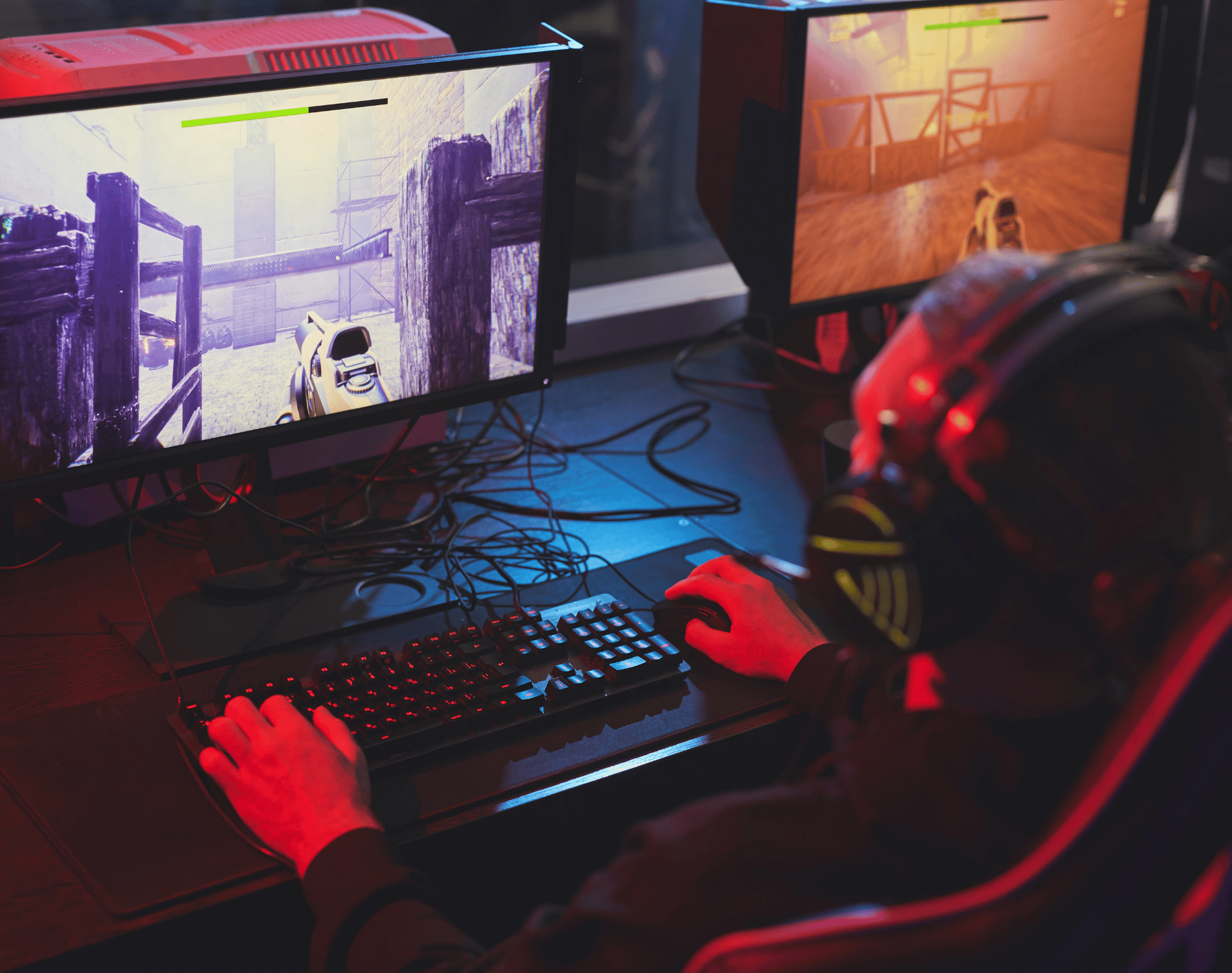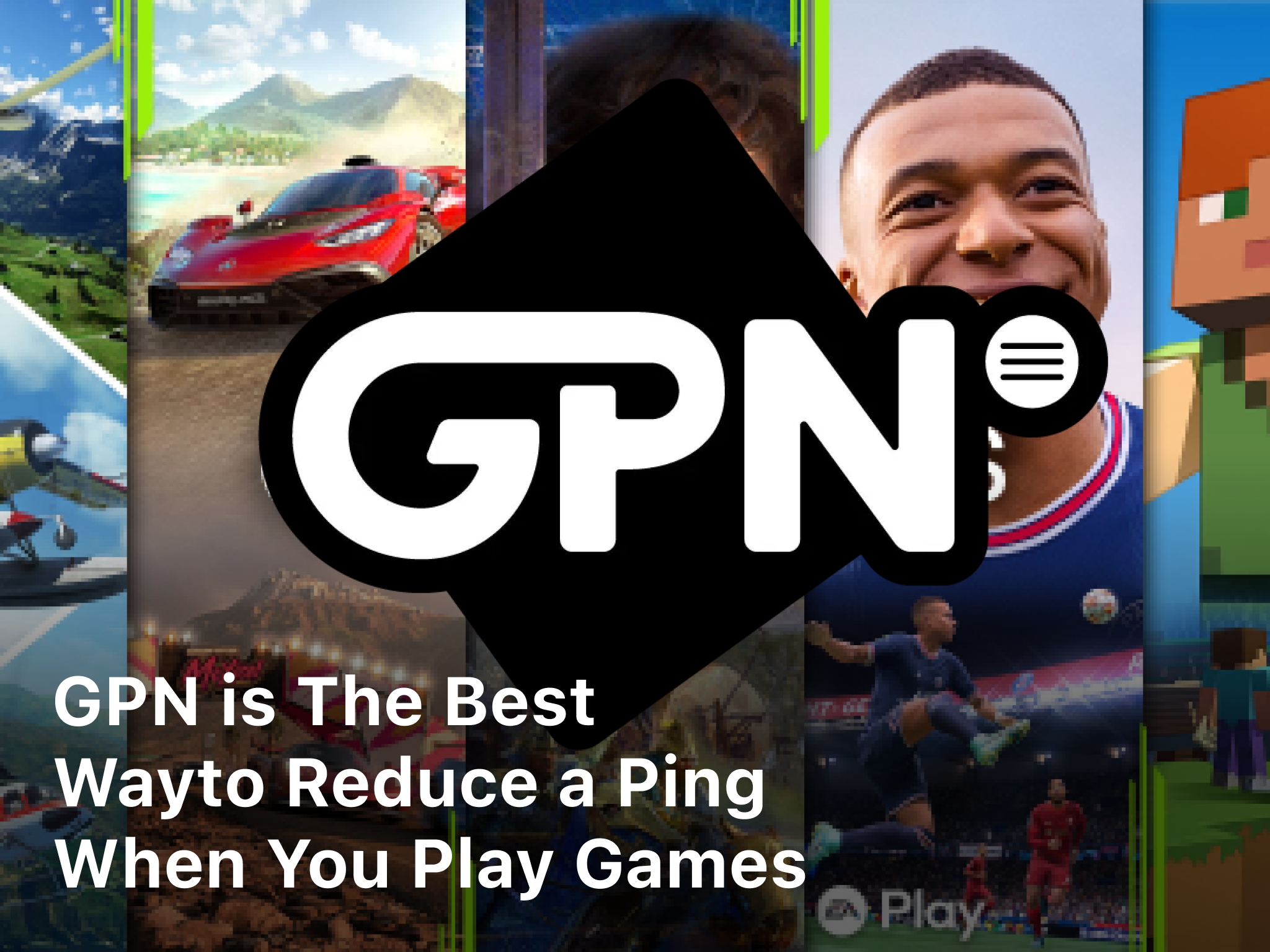Does VPN Affect Internet Speed While Gaming – Discover how using a VPN impacts your internet speed while gaming. Uncover the facts about VPNs, gaming performance, and tips to optimize your gaming experience.
In the ever-evolving landscape of online gaming, speed is king. Gamers crave fast and responsive connections to gain the upper hand in battles and enjoy seamless gameplay.
However, as concerns about online privacy and security grow, more gamers are turning to Virtual Private Networks (VPNs). But the big question remains: Does using a VPN affect internet speed while gaming? In this comprehensive guide, we’ll delve into this topic and provide you with valuable insights to help you make an informed decision.
Does VPN Affect Internet Speed While Gaming?
When it comes to online gaming, a fast and stable internet connection is paramount. Gamers often wonder whether using a VPN will slow down their connection and adversely impact their gaming experience. Let’s explore this in detail.
Understanding VPN
Before we dive into the effects of VPNs on gaming, it’s crucial to understand what a VPN is. A VPN is a technology that encrypts your internet connection and routes it through servers located in different geographic locations. This encryption enhances your online security and privacy.
VPN and Latency
One of the primary concerns gamers have is latency, commonly referred to as “ping.” Latency measures the delay between your actions in the game and their reflection on the screen. High latency can lead to laggy gameplay and frustration.
Using a VPN can indeed introduce some latency. When your data packets travel through VPN servers, it adds a slight delay. However, the extent of this delay depends on several factors, including the VPN provider, server location, and your original internet speed. Many premium VPN services have optimized servers for gaming, minimizing latency issues.
VPN and Bandwidth
Another aspect of internet speed is bandwidth. Bandwidth determines how much data can be transmitted over your connection at a given time. Some gamers worry that using a VPN may reduce their available bandwidth.
While it’s true that VPNs can slightly reduce your bandwidth due to encryption overhead, the impact is often negligible. Modern VPN services are designed to minimize this reduction in bandwidth, ensuring you can still enjoy fast gaming connections.

Tips for Optimizing Gaming with VPN
If you’re concerned about VPN-related speed issues while gaming, here are some tips to optimize your experience:
- Choose a Premium VPN: Invest in a reputable VPN service with optimized gaming servers.
- Select a Nearby Server: Connect to a VPN server that’s geographically close to you to minimize latency.
- Check Your Internet Speed: Ensure your base internet connection is fast enough to support gaming, even with the VPN.
- Use Wired Connections: Whenever possible, use an Ethernet cable instead of Wi-Fi for a more stable connection.
- Adjust VPN Settings: Some VPNs offer settings to prioritize speed over security, which can be useful for gaming.
Keep Reading : 3 Benefits of Using a VPN to Internet Speed for Gaming
Does VPN cause lag in gaming?
Let’s delve deeper into the factors contributing to potential lag when using a VPN for gaming and how you can mitigate them.
VPN Encryption Overhead
One of the primary reasons VPNs can cause lag in gaming is the encryption overhead. When you use a VPN, your data is encrypted before it’s transmitted, adding a small but noticeable delay. This delay is known as latency or ping. While VPN providers strive to minimize this delay, it’s an inherent aspect of encryption.
Distance to VPN Servers
The distance between your location and the VPN server you connect to can significantly affect latency. Choosing a server far away from your physical location may introduce more lag. Ideally, you should select a server close to your geographic area to minimize latency.
Server Load
VPN servers can experience heavy loads, especially during peak usage times. When a server is congested with traffic from multiple users, it can lead to increased latency. To mitigate this, opt for a VPN provider that offers dedicated gaming servers or servers optimized for speed.
VPN Bandwidth Reduction
While VPNs are designed to minimize the reduction in bandwidth, some decrease is inevitable due to encryption and rerouting of data. However, this reduction is usually marginal and unlikely to have a noticeable impact on gaming performance unless you have an exceptionally slow base internet connection.
ISP Throttling
In some cases, internet service providers (ISP) may throttle your connection when they detect VPN usage. This can further exacerbate lag issues while gaming. To counteract this, consider using a VPN that offers obfuscation techniques to mask VPN traffic.
Keep Reading : How to Increase Your Internet Speed in Valorant
Minimizing Lag When Using a VPN for Gaming
Choose a Premium VPN
Investing in a premium VPN service is crucial for gamers. These services often have a network of high-speed servers, optimized for gaming and streaming. They also implement the latest encryption protocols to reduce latency.
Optimize VPN Settings
Most VPNs provide settings that allow you to prioritize speed over security. Adjusting these settings can help minimize lag. However, be cautious not to compromise your online security in the process.
Test Different Servers
Experiment with different VPN servers to find the one that offers the lowest latency. Many VPN providers offer server lists, along with ping times, to help you make an informed choice.
Use a Wired Connection
Whenever possible, connect your gaming device to the internet using an Ethernet cable rather than relying on Wi-Fi. Wired connections provide greater stability and lower latency.
Frequently Asked Questions
Are there VPNs specifically designed for gaming?
Yes, some VPN providers offer dedicated gaming servers and features tailored to enhance gaming performance. These are worth considering if gaming is your primary use for a VPN.
Can a VPN improve gaming performance?
In certain situations, a VPN can actually improve gaming performance. It can reduce the chances of distributed denial-of-service (DDoS) attacks and protect against targeted attacks from other players.
Will using a VPN bypass regional restrictions on games?
Yes, VPNs can help you access games and content that may be restricted in your region. By connecting to a server in a different country, you can appear as if you’re accessing the internet from that location.
Do all VPNs slow down gaming connections?
Not necessarily. The impact on gaming speed varies from one VPN provider to another. Premium VPN services often invest in high-speed servers and optimizations to minimize speed reduction.
Are there free VPNs suitable for gaming?
While there are free VPN options available, they may not provide the performance and security needed for gaming. Premium VPNs are generally recommended for a smoother gaming experience.
Is using a VPN legal for gaming?
In most countries, using a VPN for gaming is legal. However, it’s essential to comply with the terms of service of the gaming platform you’re using.
Conclusion
In summary, the impact of using a VPN on internet speed while gaming is generally minimal, especially if you choose a reliable VPN service and follow optimization tips.
VPN offer the added benefit of enhancing your online security and privacy. Ultimately, the decision to use a VPN for gaming should consider both your need for speed and your desire for a secure gaming experience.
So, does a VPN affect internet speed while gaming? Yes, but the impact is often negligible, and the added security and privacy can make it a worthwhile choice for gamers.
Keep Reading : Explore Best VPN For Gaming Reddit






